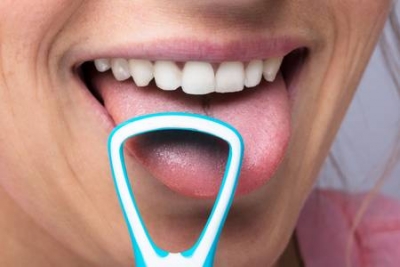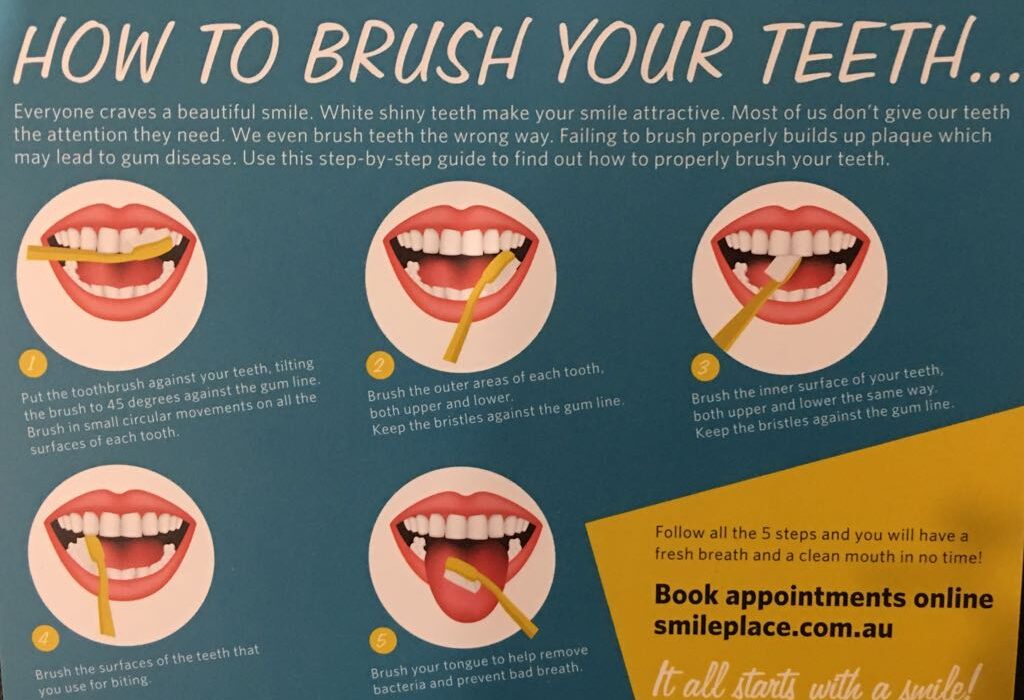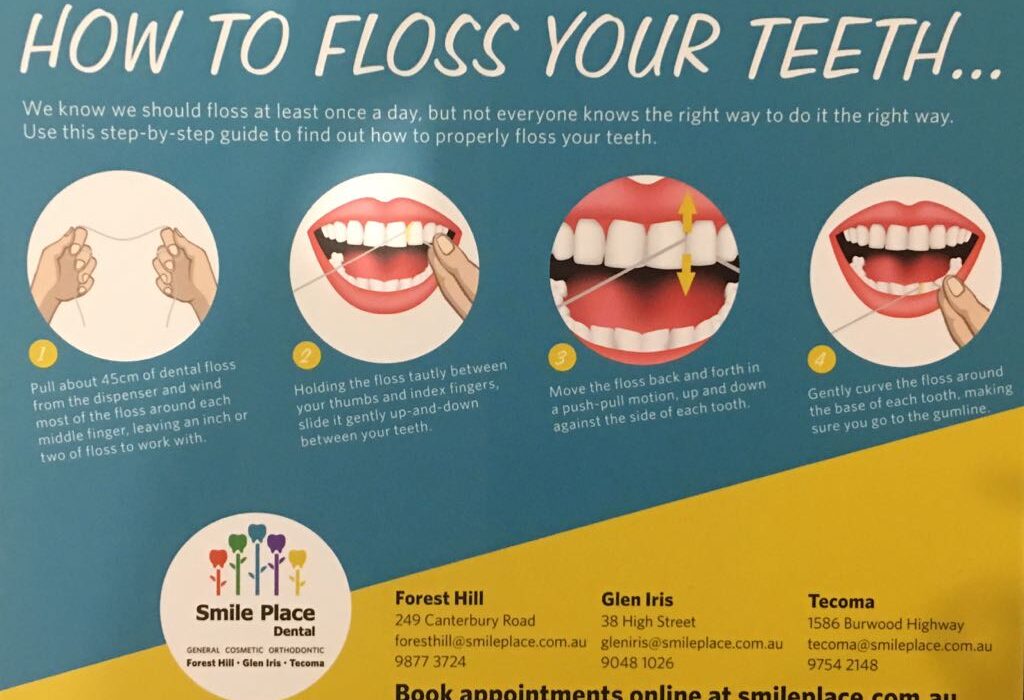
Struggling with bad breath? You’re not alone.
Mouth piercings are a popular form of self-expression, but they come with dental risks. Fortunately, with proper care you can minimise these risks and keep your teeth healthy.
Here at Smile Place, we have seen how mouth piercings can cause infections, gum damage, and fractured teeth.
In this blog, we’ll explore how mouth piercings affect your oral health, ways to avoid damage, and the dental treatments that can help prevent piercing-related problems.

People choose mouth piercings as part of a statement, representing style or culture. From tongue studs to lip rings, they offer a unique way to stand out.
However, pretty things do come with their own set of unique challenges. Unlike earrings, mouth jewellery is in constant contact with saliva, leading to continuous bacteria exposure. Additionally, the jewellery may physically shift teeth over time, negatively impacting the surrounding oral tissues.
Some may even feel uncomfortable with their piercings. Ongoing interaction of the jewellery with oral tissue usually tends to lead to dental complications over time, making it essential for one to look at both aesthetic appeal and the potential risks before getting a mouth piercing done.
Mouth piercings have both immediate and long-term consequences in association with dental concerns. At Smile Place, we frequently encounter problems associated with mouth piercings such as:
Nevertheless, if you are still keen on getting one, do follow the steps below for good oral hygiene.
Having good oral hygiene is an absolute must with mouth piercings! It can help you prevent dental problems in the future and keep your gums and teeth in good condition.
Here’s what we recommend:
Why? The soft bristle toothbrush is gentle so that it would not irritate the piercing. Moreover, this type of brush will still be able to effectively remove plaque and food particles. To prevent gum disease and cavities, just make sure to floss well around the jewellery.
Why? Alcohol-based mouthwashes can irritate the sensitive tissues around your mouth, causing it to become irritated and inflamed. These over-the-counter mouthwashes may lead to negative effects that can lead to inflammation and discomfort since they contain alcohol.
Why? Playing with or fondling the mouth jewellery is often the cause of constant and repeated trauma to the oral tissues, which turns into irritation, leading to infections. It helps to protect the oral tissues, when you have a lesser tendency to fondle with the mouth piercing.
Why? Promptly consulting a dentist ensures timely treatment, which minimises the risks of serious dental complications and facilitates healing.
Why: Some metals even if used in the mouth can cause allergy, or irritation of sensitive oral tissue e.g. nickel, copper, lead, brass, silver containing a trace amount of oxidised copper, and lower karat gold (10k-14k). Choosing a hypoallergenic material can greatly reduce the chances of an allergy reaction.
Why? Dentists can detect issues early before they turn severe. They are also critical to keep your plaque and tartar in check.

The most important message to everyone regarding oral piercings is prevention.
Having a thorough understanding of the precautions will considerably reduce the risk of any dental issues in future.
First and foremost, choosing quality jewellery is paramount to the comfort and safety of wearing mouth piercings. Loose, small fine gauge jewellery made of titanium or surgical steel poses a lesser risk factor for irritation. Even chewing on them as well. These are hypoallergenic materials that could help you to minimise allergic reactions inside your mouth and body.
Furthermore, always wear proper fitting jewellery. If the piercings are either too tight or loose, it has a higher chance of causing damage and pain.
Eating only soft, easy-to-administer foods helps reduce irritation, especially when you first pierce them in the first few days. You should also avoid smoking or drinking alcohol during recovery as they can impede the healing process, increasing the risk of dental complications.
Remember to always replace any discoloured or broken jewellery as failure to do so will lead to an increased risk of tooth or oral tissue injury.
Finally, consult with a dentist before having the piercing done. This ensures that all potential risks are well explained and managed which in turn, leads to a safer and comfortable experience with your oral piercings.

If dental damage from piercings occurs, several treatment options are available.
During your consultation, the dentist will assess your symptoms, review your medical history, and examine the area for signs of infection or injury. X-rays may be taken to detect hidden issues.
Treatment can range from managing infections to restoring damaged teeth with fillings, veneers, or crowns.
For more severe cases, such as gum recession, a gum graft may be necessary. If the piercing interferes with braces or retainers, alternative jewellery may be recommended.
Finally, If mouth piercings compromise your oral health, and preventive measures don’t resolve the issues, your dentist may recommend removing or replacing the jewellery to maintain optimal dental hygiene.
If you are experiencing pain and believe it may be related to your new piercing, book an appointment with our lovely staff today so we can discuss what forms of treatment will make sure the rest of your oral health is given its best chance of staying healthy.
We’re committed to providing the best dental care in Melbourne from dental chips to emergency dental services and more.
Are tongue piercings bad for your teeth?
Depending on individual habits, tongue piercings can be bad for your teeth as they can cause chipped teeth, infections, and nerve damage.
How can I prevent tooth damage with a tongue or mouth piercing?
Prevention is key to long-term dental consequences. You can consider opting for smooth, small jewellery and also avoid playing or fondling with it in your mouth. Regular dental checkups are also crucial to detect any early signs of damage.
What are the risks associated with mouth piercings?
Piercings-related dental risks include infections, chipped teeth, gum recession, and nerve damage, among others. Please consult with your dentist, if you are experiencing any of these immediately.
Can mouth piercings cause gum damage or recession?
Gum damage or recession can be caused by pierced jewellery that constantly rubs against the gums. This can lead to irritation and recession, exposing sensitive tooth roots and may lead to tooth decay due to the constant bacteria exposure.
What should I do if my mouth piercing causes an infection?
You should contact your dentist immediately if you suspect that you have an infection in your mouth. They can provide treatment and advice to prevent further dental complications.
How can I care for my teeth and gums with a mouth piercing?
There are a few ways to care for mouth piercing. You can brush and floss regularly, use alcohol-free mouthwash, and avoid playing with the jewellery to minimise the risk of damage.
What types of jewellery are safest for oral piercings?
Jewellery made from hypoallergenic materials such as titanium, surgical steel, or bioplast is less likely to cause allergic reactions or irritation. When getting your mouth pierced, ask what material the piercing is made of before piercing.
How often should I visit a dentist if I have a mouth piercing?
We recommend scheduling a checkup every six months to monitor for any issues and maintain good oral health.
If you’re thinking about getting a piercing or are concerned about the impact of an existing one, book an appointment with Smile Place today to ensure your teeth and gums stay healthy and beautiful.
Author Summary – Dr Chitra Rao

Dr. Chitra Rao has over a decade of experience in dentistry, specifically in the field of cosmetic and orthodontic treatments. Dedicated to achieving optimal results, she takes a detailed and personalised approach to creating beautiful, confident smiles for her patients. Outside of dentistry, Dr. Chitra enjoys staying active, traveling, and spending time with her family.

Struggling with bad breath? You’re not alone.

Keep it clean, keep it bright with these simple tips.

Do you brush twice a day, use a mouthwash, and still struggle with bad breath or surprise cavities? If so, the problem may be caused by inconsistent flossing. Most people skip flossing and those who do floss, often don’t do it right, leaving behind plaque and food debris. The good news? Flossing properly takes just […]